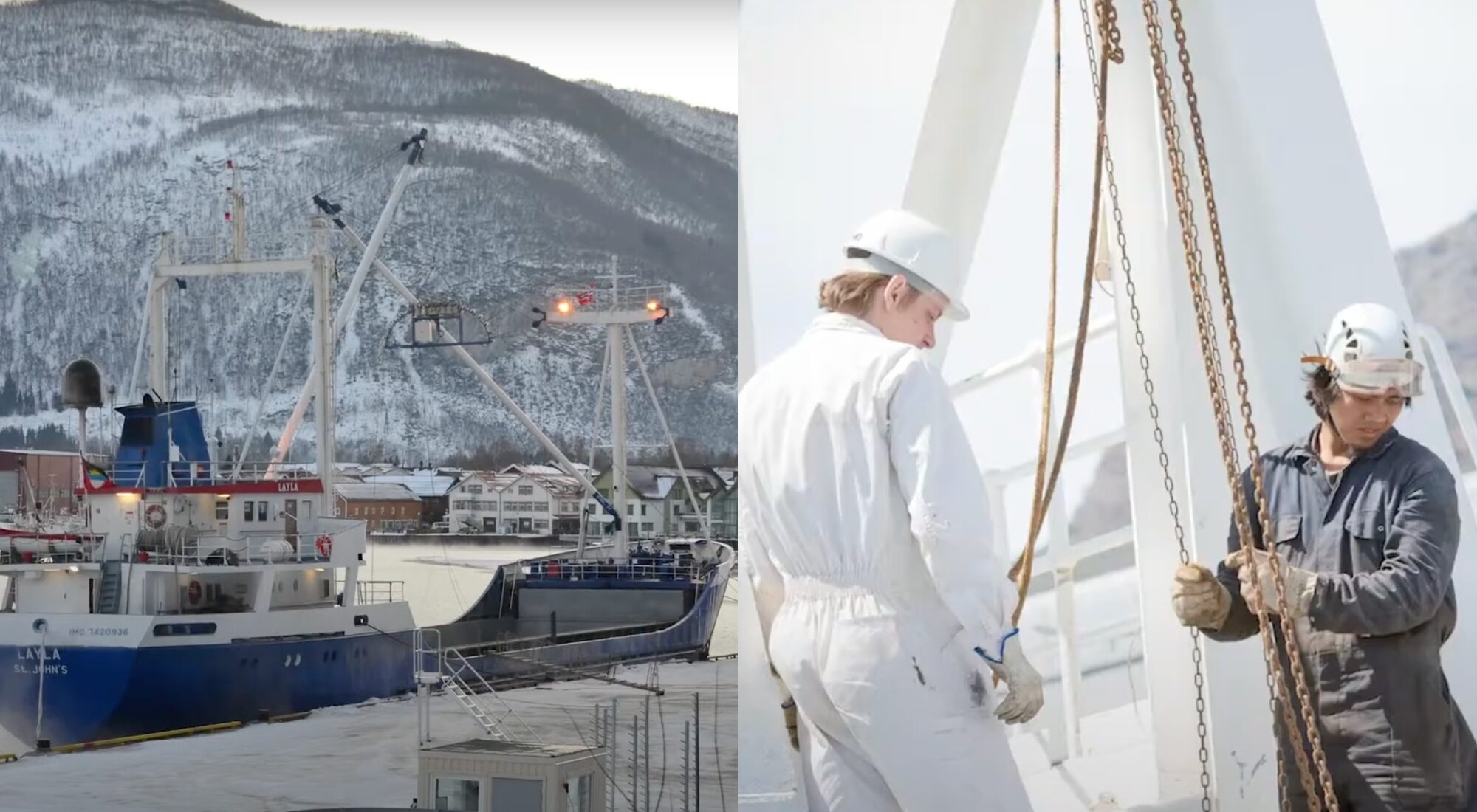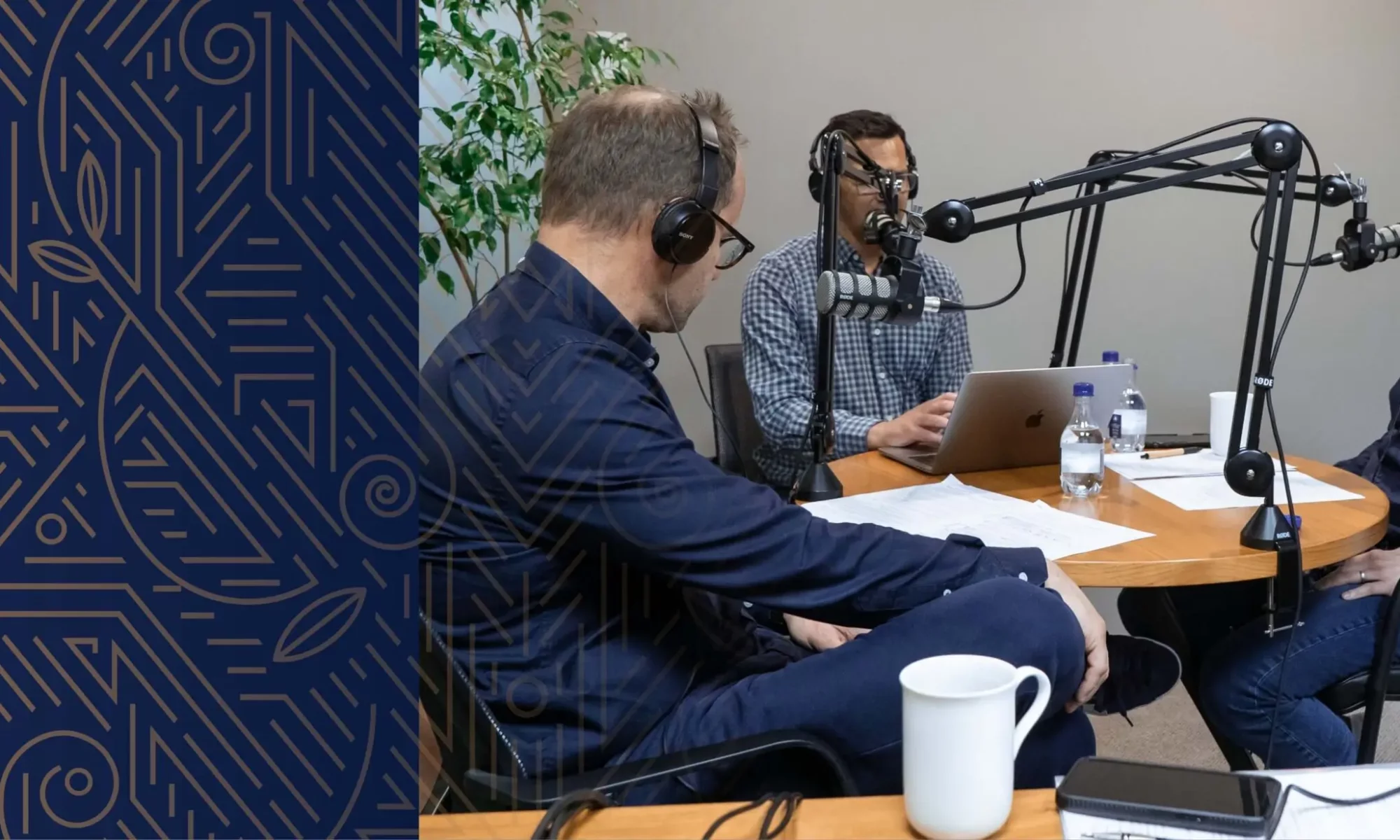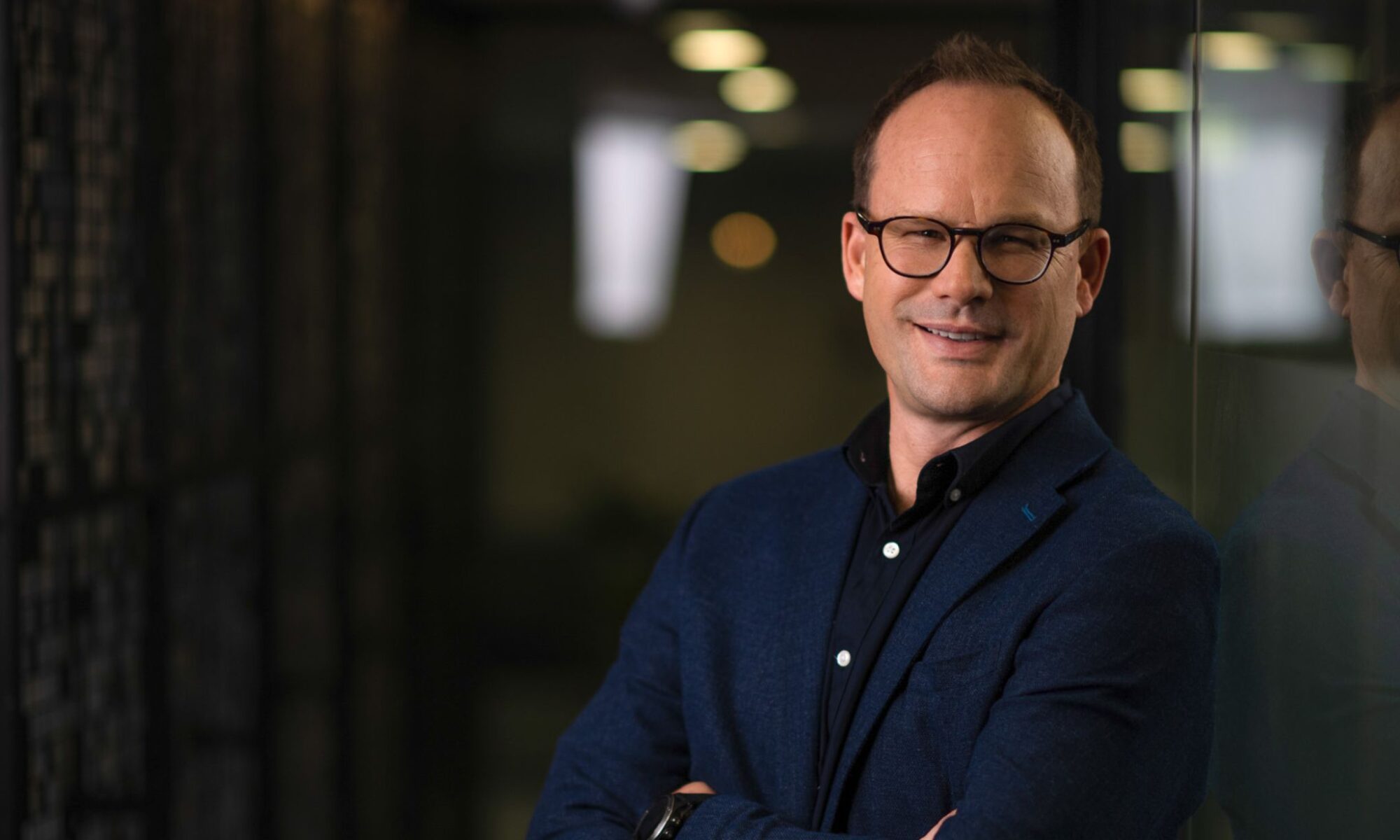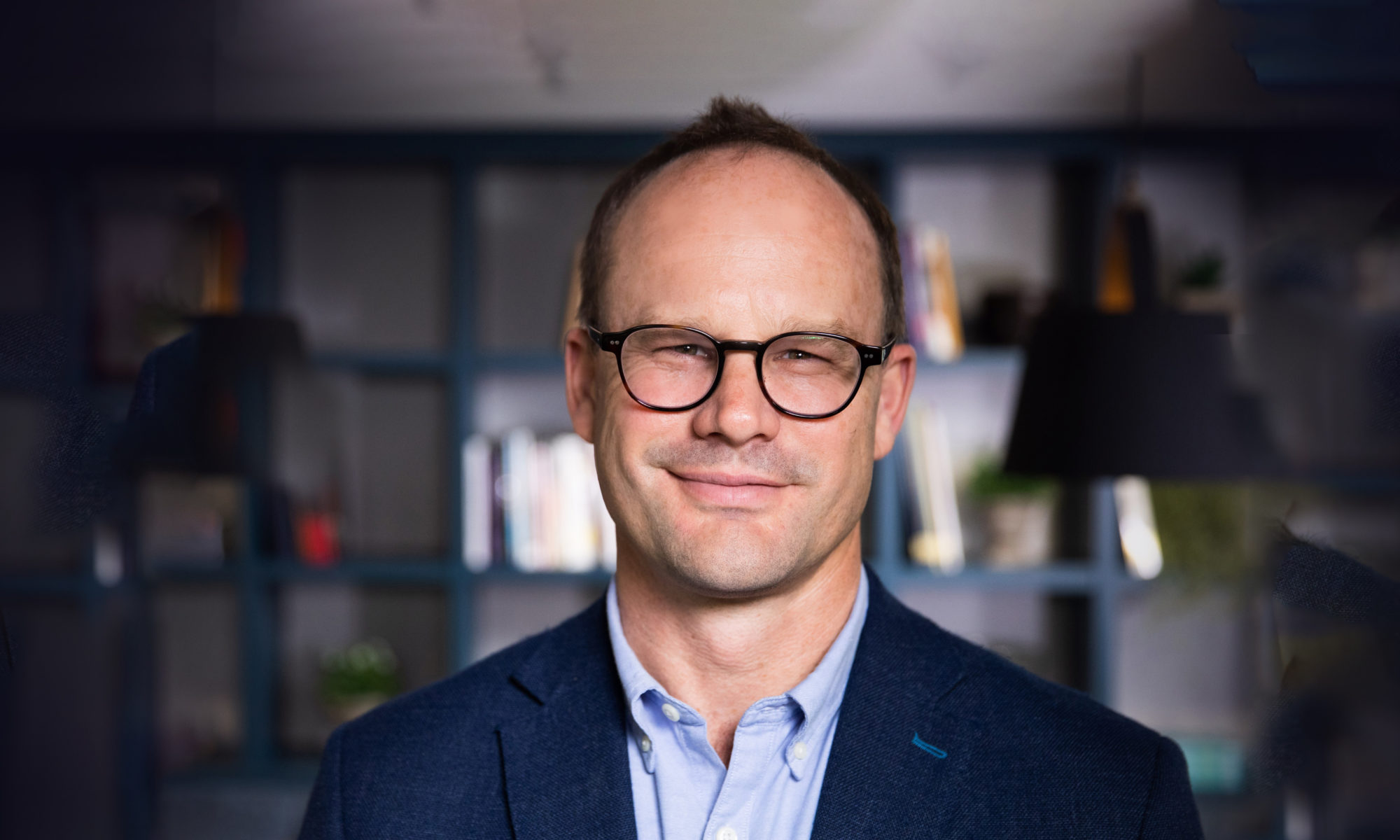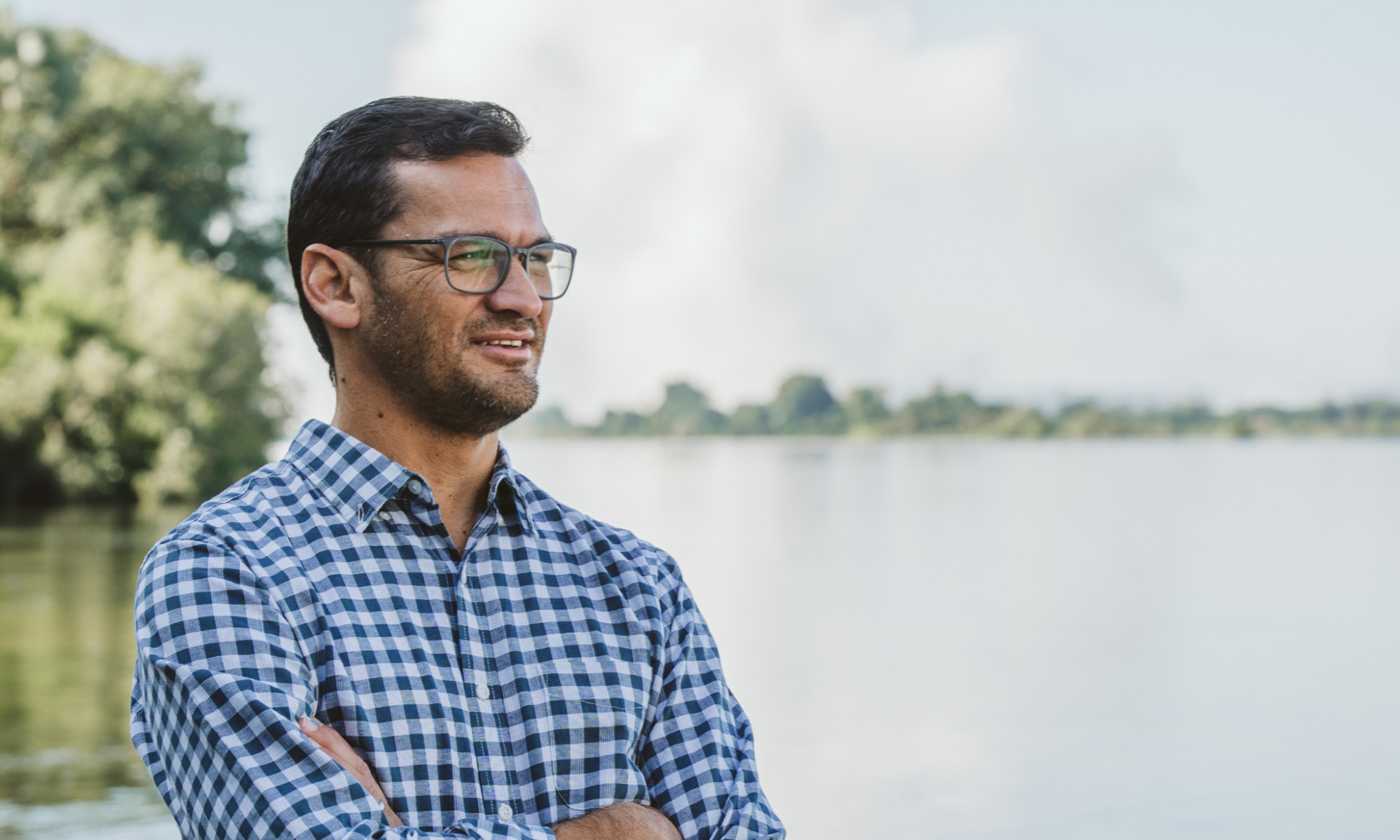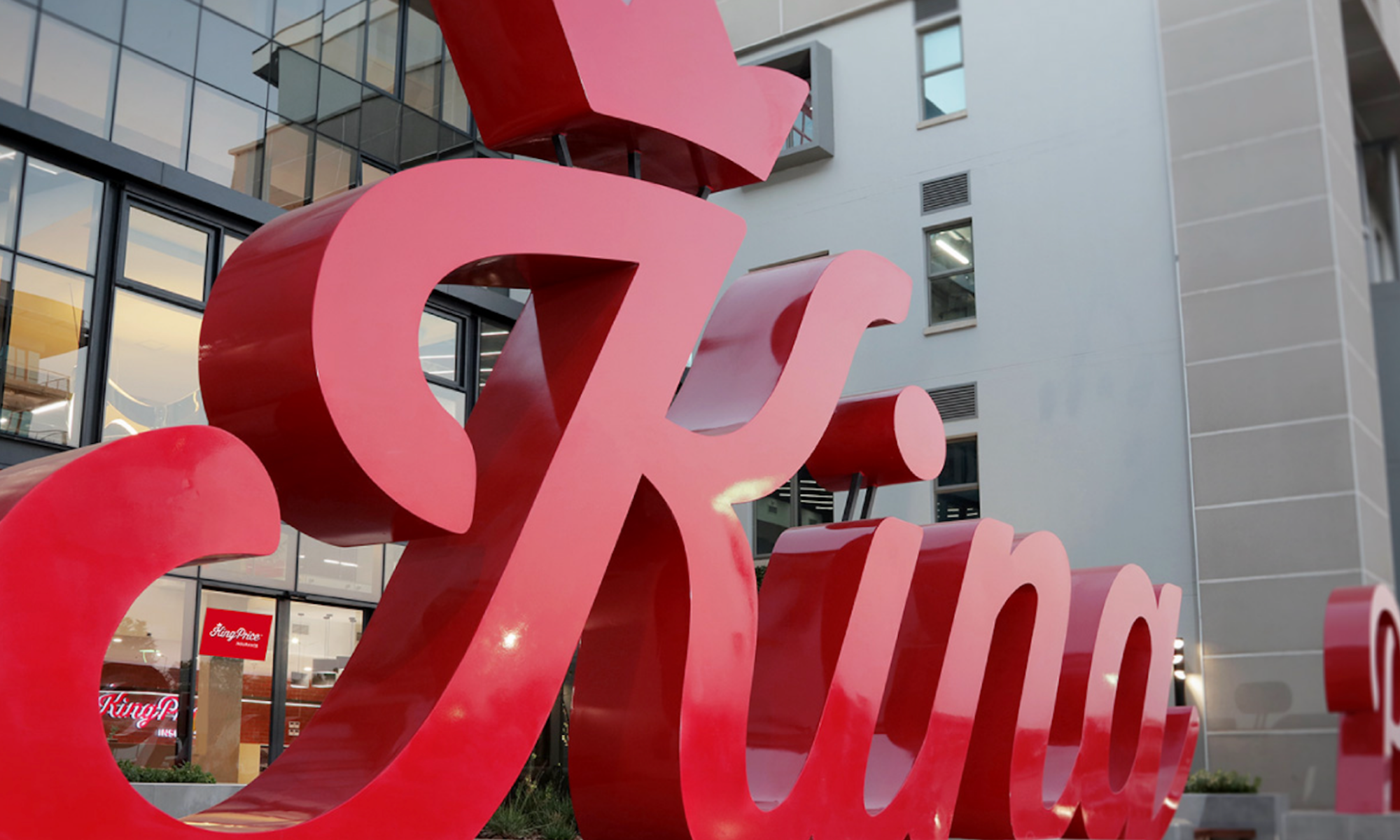An investee company of Mergon, Mertech Marine has been pioneering and innovating turnkey solutions to the submarine telecommunication industry since 2004. Today they are considered the world leader in this particular field. This article highlights how the company is contributing to the circular economy with creative solutions for environmental sustainability, emphasising a core belief for Mergon: that business can serve as a powerful force for good.
Mertech Marine: an underwater environmental solution
When we think of the internet, our thoughts tend to ascend upward, to images of cyberspace and satellites. But the reality is, the cloud is under the sea. Across our oceans’ seabed lie a planetary system of undersea cables – an interconnected web of over 1 million kilometres worth of fibre optic pipelines facilitating our global connectivity. Each cable, as thick as a garden hose, carries hundreds of terabits of information per second. These cables comprise a state-of-the-art technological design that sits kilometres deep, relatively undeterred by weather and connecting our continents at the speed of light.
But the system has its vulnerabilities to disruption. Cables break, whether it be from external aggression caused by human activity such as fishing or general abrasion over time. Not only do cables suffer wear and tear, they need to be laid at a breakneck pace to meet the global appetite of our 21st-century digital world.
‘To meet the demand for high-speed connectivity, every year thousands of kilometers of brand-new cables are being laid, often crossing existing cables and cable routes. This congestion of cables in some areas increases the risk of a break due to abrasion of one cable on top of another,’ says Alwyn du Plessis, CEO of Mertech Marine. Although these cables occupy a minute amount of space on the vast ocean floor and have been shown to be benign in terms of environmental impact, you can imagine that if you extrapolate that over the next 50-100 years, there will be a lot of cable down there. Taking a holistic view and considering a wide range of factors in each instance such as environmental, sustainability, economical and cable security, clearing up as much of these cables as possible makes a lot of sense.’
Since 2004, Mertech Marine has been at the forefront of innovating the recovery and recycling of out-of-service telecommunications cables. Using their own marine fleet, the company has recovered and recycled in excess of 100,000 km of out-of-service cable at their land-based processing facility in South Africa, which comprises 30,000 sqm, the only one of its kind in the world.
Today Mertech Marine is recognised to be a pioneer and world leader in turnkey solutions in submarine cable recovery and recycling, particularly in shore-end projects where cables crisscross and converge as they approach landfall. Mertech Marine is uniquely positioned to safely remove these redundant cables with greater efficiency and affordability by combining these often expensive shallow water projects with deep-sea recovery operations.
Mertech Marine is also playing its part in the circular economy.
There’s an incredible opportunity to make a meaningful, large-scale contribution to the green economy here,’ says Alwyn. ‘Although these cables are no longer operable, they should never be seen as waste. They’re packed with raw materials that can be repurposed and circulated back into the economy.’
He explains: ‘Consider the carbon footprint companies leave by conventional mining of virgin plastics, copper and steel, and then manufacturing these materials into marketable commodities. Now consider how much lighter the carbon load could be if these materials could be ‘recovered from the sea’ and regenerated as new, value-add products on the market.’
Through significant investment of its shareholders and years of research and development, Mertech Marine’s unique process of recovery and dismantling these out-of-services cables has proven to avoid greenhouse gas emissions when compared to mining virgin material from ore. Their Port Elizabeth facility is ISO14001:2015 accredited and a fundamental part of their mission is to find environmentally friendly and sustainable solutions toward recycling these cables. ‘We not only supply quality components to the copper, polyethylene, steel and aluminium industries all over Africa – we do it in an environmentally sustainable way,’ says Alwyn.
Mertech Marine has found their anchor in world class innovation and sustainable design. It’s a model that Alwyn sees as ‘part of our responsibility as businesses in today’s changing world’.
‘We have to move from linear to circular thinking in our businesses, finding innovative ways to generate value from the resources we already have. The sooner we can make the shift to a circular economy in our businesses, the greater advantage we’ll have in the long run.’
Mertech Marine is an investee company of Mergon. To read more about Mertech Marine visit https://mertechmarine.co.za.
